Confused about water heaters...
Bongo
10 years ago
Related Stories
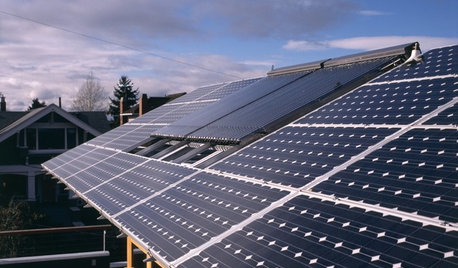
GREEN BUILDINGLet’s Clear Up Some Confusion About Solar Panels
Different panel types do different things. If you want solar energy for your home, get the basics here first
Full Story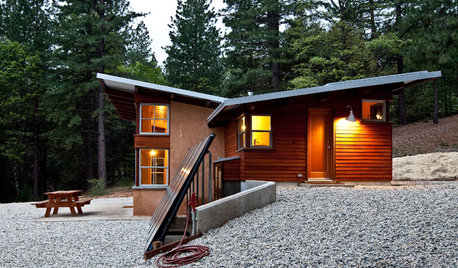
GREAT HOME PROJECTSHow to Add a Solar Water Heater
Lower energy bills without a major renovation by putting the sun to work heating your home’s water
Full Story
GREAT HOME PROJECTSHow to Switch to a Tankless Water Heater
New project for a new year: Swap your conventional heater for an energy-saving model — and don’t be fooled by misinformation
Full Story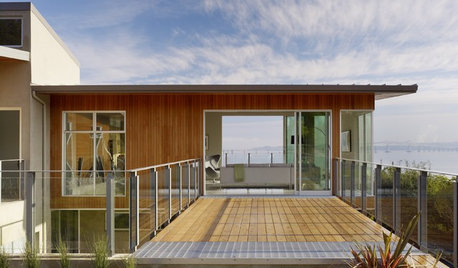
GREEN BUILDINGWhat's LEED All About, Anyway?
If you're looking for a sustainable, energy-efficient home, look into LEED certification. Learn about the program and its rating system here
Full Story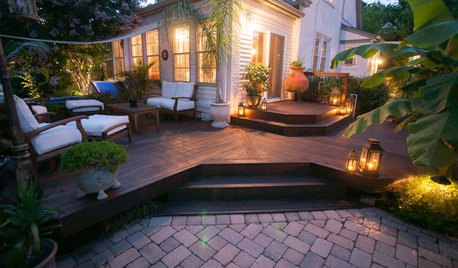
MOST POPULARWhat to Know About Adding a Deck
Want to increase your living space outside? Learn the requirements, costs and other considerations for building a deck
Full Story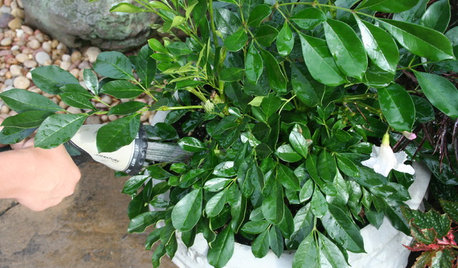
CONTAINER GARDENSContainer Garden Basics: How and When to Water Potted Plants
Confused about soil moisture, the best time to water and what watering device to use? This guide can help
Full Story
GARDENING GUIDESNew Ways to Think About All That Mulch in the Garden
Before you go making a mountain out of a mulch hill, learn the facts about what your plants and soil really want
Full Story
FUN HOUZZHouzz Call: Tell Us About Your Dream House
Let your home fantasy loose — the sky's the limit, and we want to hear all about it
Full Story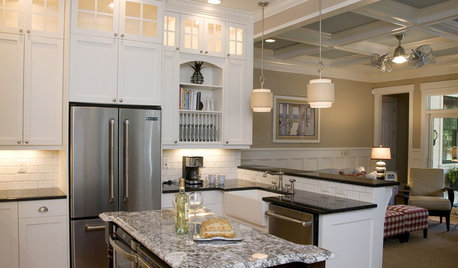
KITCHEN DESIGNStay Cool About Picking the Right Refrigerator
If all the options for refrigeration leave you hot under the collar, this guide to choosing a fridge and freezer will help you chill out
Full Story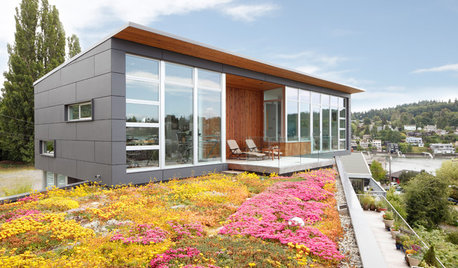
CONTRACTOR TIPSBuilding Permits: What to Know About Green Building and Energy Codes
In Part 4 of our series examining the residential permit process, we review typical green building and energy code requirements
Full Story





CJ Mechanical of North jersey llc.
BongoOriginal Author
Related Professionals
Elizabeth Solar Energy Systems · Hawthorne Solar Energy Systems · Swansea Solar Energy Systems · Annapolis Home Automation & Home Media · Delray Beach Home Automation & Home Media · Fort Lauderdale Home Automation & Home Media · Grand Rapids Home Automation & Home Media · Irvine Home Automation & Home Media · Novi Home Automation & Home Media · Philadelphia Home Automation & Home Media · St. Johns Home Automation & Home Media · Wheaton Home Automation & Home Media · Robbinsdale Home Automation & Home Media · Centennial Fireplaces · North Ogden Fireplacesionized_gw
CJ Mechanical of North jersey llc.
mike_home
BongoOriginal Author
ionized_gw
BongoOriginal Author
mike_home
BongoOriginal Author
mike_home
ionized_gw
BongoOriginal Author